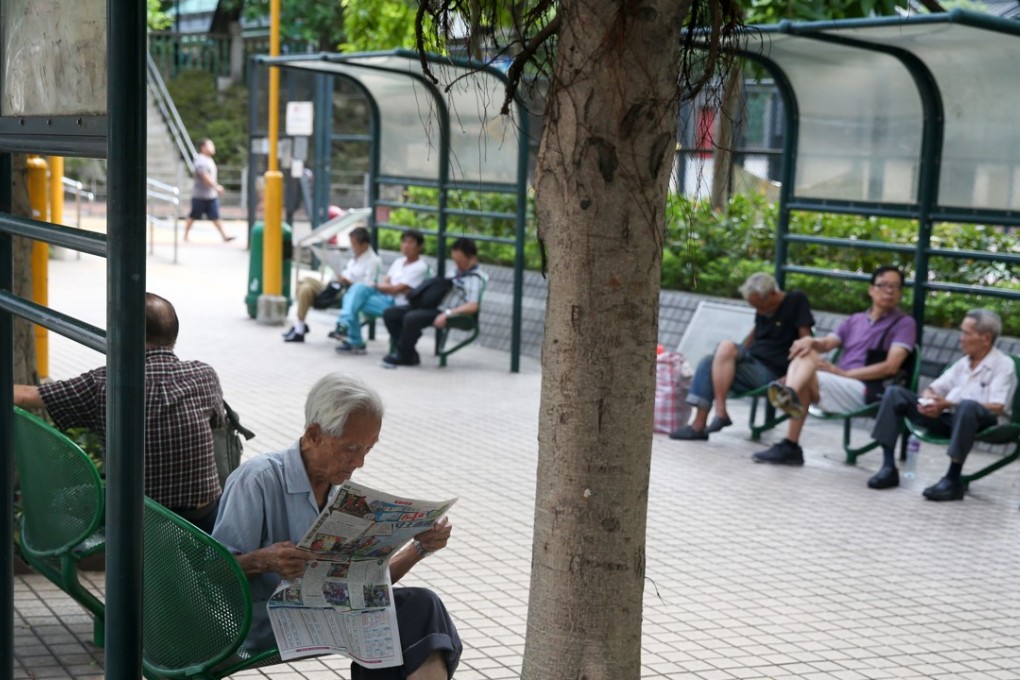Will the Hong Kong budget finally be fair to the elderly and act on a universal pension scheme?

The Hong Kong government has in recent months rolled out a slew of incentives for citizens. But middle-class retirees in their 60s and above find themselves excluded from most of these schemes. They cannot avail of any benefits given to the grass roots since they fail means tests due to their hard-earned savings, nor can they get benefits offered to the working middle class. These retirees are the same people who contributed a huge amount to society during their working lives in the private sector, but now get absolutely no assistance from the government.
In the last study of the universal pension scheme, it was concluded that a non-means-tested plan be introduced, with about HK$3,500 to be contributed to the pension each month. This scheme was very fair and would ensure all citizens got benefits, but the government strongly protested, stating the sustainability of such a scheme could not be guaranteed.
Middle-class retirees contributed a huge amount to society during their working lives
During the same time that this non-means-tested scheme was shelved, the government dished out billions of dollars as incentives, mostly non-means-tested, such as the education subsidy (HK$3.6 billion), travel subsidy (HK$2.3 billion) for the working class, tax cuts for small and medium-sized enterprises (HK$5.8 billion), subsidy for first-time housing for the working middle class, starter homes for the middle-class employed, and abolishing the MPF offset mechanism (HK$7.9 billion).
To be fair to all elderly citizens, every permanent resident over 60 years of age should be given one-time cash benefits of HK$10,000, to be contributed to their universal pension scheme, and thereafter a monthly instalment of HK$3,500 for the unemployed elderly. This would be a small step towards giving back to the elderly community, in recognition of their decades of hard labour contributing to the government coffers. For the past many years, Macau has been handing out cash benefits to all citizens over 18, Hong Kong has done it just once.
It should be noted that even if the elderly are in excellent health and want to join the workforce to support themselves, they cannot get skilled jobs in their field, as most employers discriminate against workers over 60. I suggest that our government, now poised to post a surplus of up to HK$180 billion, offer subsidies and/or tax benefits to companies employing the elderly. I would certainly like the government to consider these recommendations and take appropriate action in the upcoming budget.
Joseph Fan, Ma On Shan